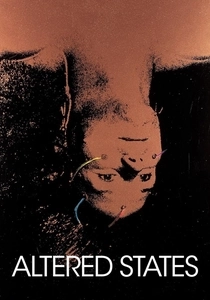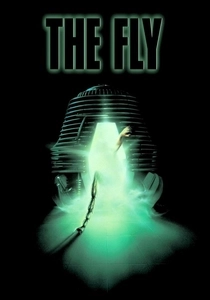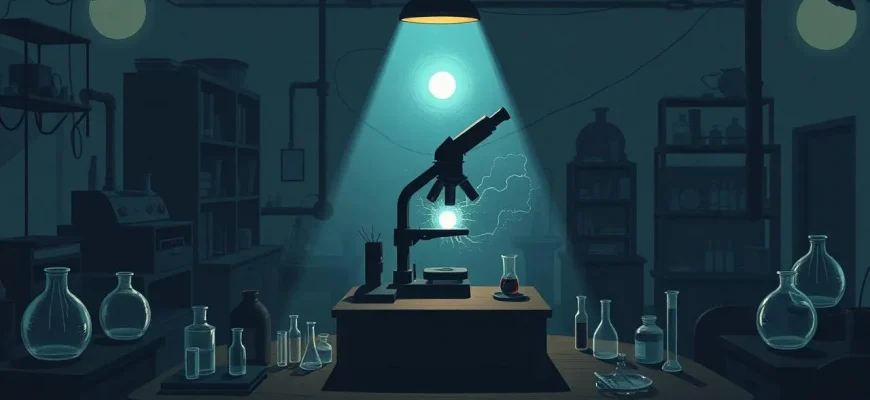The fascination with scientific experiments, especially those that push ethical boundaries, has long been a staple in cinema. These films delve into the murky waters of human experimentation, exploring themes of ambition, morality, and the unforeseen consequences of playing god. From psychological thrillers to horror, this curated list offers a chilling look at what happens when science goes too far, providing both entertainment and a cautionary tale about the limits of human knowledge.

The Manchurian Candidate (1962)
Description: A Korean War veteran discovers he was brainwashed to become an assassin, exploring themes of mind control and political manipulation.
Fact: The film was remade in 2004 with Denzel Washington, but the original is noted for its chilling Cold War atmosphere.
 Watch Now
Watch Now 
Altered States (1980)
Description: A scientist explores the boundaries of consciousness through sensory deprivation and hallucinogenic drugs, leading to physical and mental transformations. It's a deep dive into the psyche and the unknown.
Fact: The film was based on the novel by Paddy Chayefsky, who also wrote the screenplay under the pseudonym Sidney Aaron.
 Watch Now
Watch Now 
The Fly (1986)
Description: A brilliant scientist's teleportation experiment goes horribly wrong when a fly enters the chamber, resulting in a grotesque transformation. This film is a chilling reminder of the potential dangers of unchecked scientific ambition.
Fact: The film's special effects were groundbreaking, earning Chris Walas an Academy Award for Best Makeup. The iconic "Brundlefly" was created using a combination of animatronics, puppetry, and practical effects.
 Watch Now
Watch Now 
The Island of Dr. Moreau (1996)
Description: A shipwrecked man discovers a mad scientist's island where he has been conducting genetic experiments, creating human-animal hybrids. This film delves into the ethical dilemmas of genetic manipulation.
Fact: The film had a tumultuous production with multiple directors, including Richard Stanley, who was fired and later returned as an extra.
 Watch Now
Watch Now 
The Cell (2000)
Description: A psychotherapist enters the mind of a comatose serial killer to find his latest victim, exploring the dark recesses of human consciousness through experimental technology.
Fact: The film's surreal visual style was heavily influenced by the works of Salvador Dalí and H.R. Giger.
 Watch Now
Watch Now 
Splice (2009)
Description: Two genetic engineers create a new organism using human DNA, leading to unforeseen and horrifying results. It's a cautionary tale about the hubris of playing with life's building blocks.
Fact: The creature, Dren, was portrayed by both a male and female actor to show its gender transformation.
 Watch Now
Watch Now 
The Invisible Man (2020)
Description: A modern take on H.G. Wells' classic, this film follows a woman who discovers her abusive ex has used an invisibility suit to stalk her, exploring themes of control and invisibility in a new light.
Fact: The film uses practical effects and minimal CGI to create the illusion of invisibility, making it a unique entry in the genre of experimental horror.
 Watch Now
Watch Now 
The Lazarus Effect (2015)
Description: A group of researchers bring a dead subject back to life, only to face unintended consequences as the revived individual exhibits supernatural abilities. This film questions the ethics of resurrection.
Fact: The film was inspired by the biblical story of Lazarus, exploring themes of life, death, and the afterlife.
 Watch Now
Watch Now 
The Human Centipede (First Sequence) (2009)
Description: A mad scientist with a twisted vision of human connection creates a grotesque experiment by surgically joining three people mouth-to-anus. It's a film that pushes the boundaries of horror and disgust.
Fact: The film was banned in several countries due to its extreme content, but it also gained a cult following for its audacity.
 Watch Now
Watch Now 
The Experiment (2001)
Description: Based on the Stanford prison experiment, this film examines the psychological effects of power dynamics when volunteers are divided into prisoners and guards.
Fact: The film was remade in English in 2010, but the original German version is often considered superior for its raw intensity.
 30 Days Free
30 Days Free 








